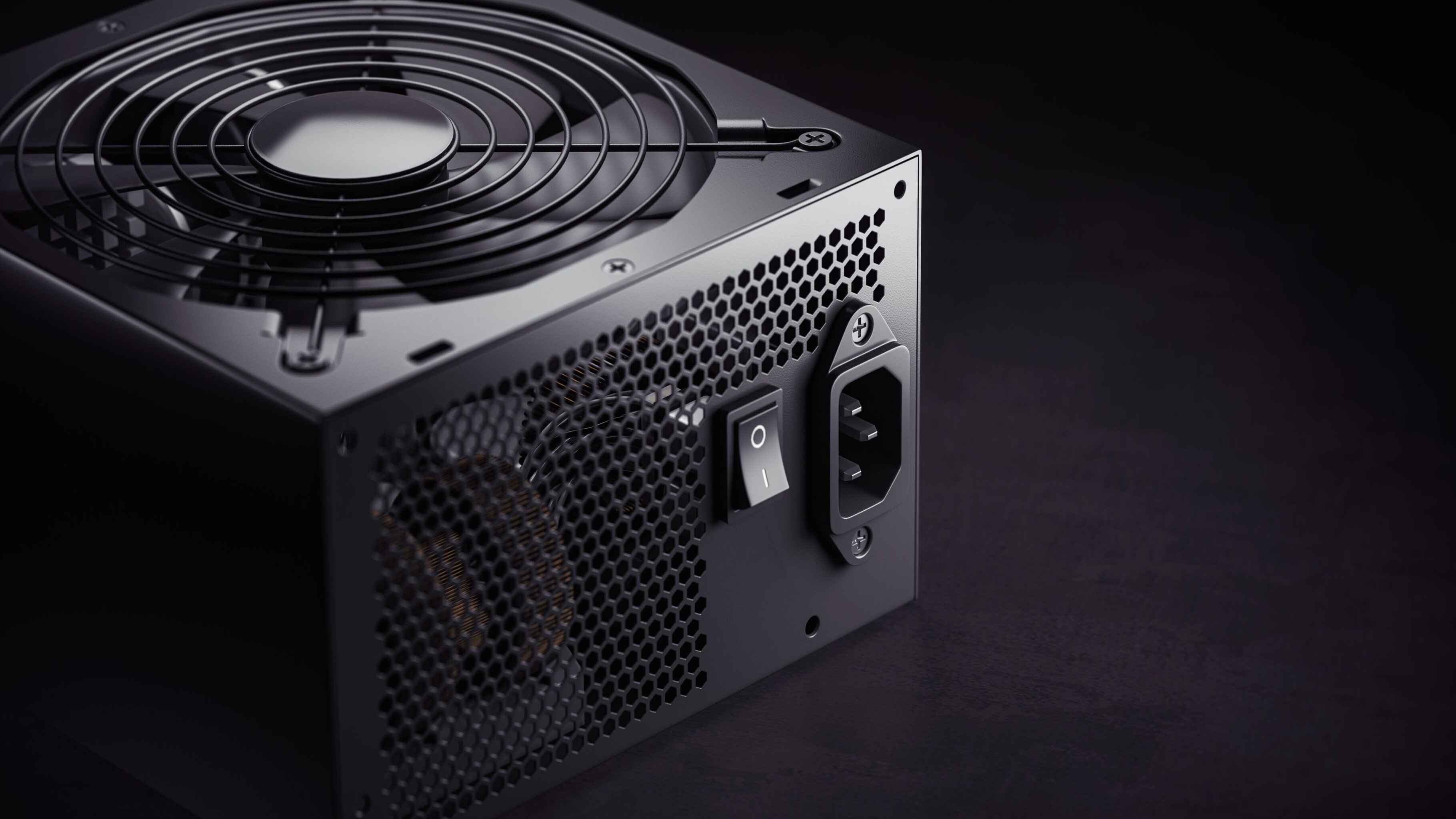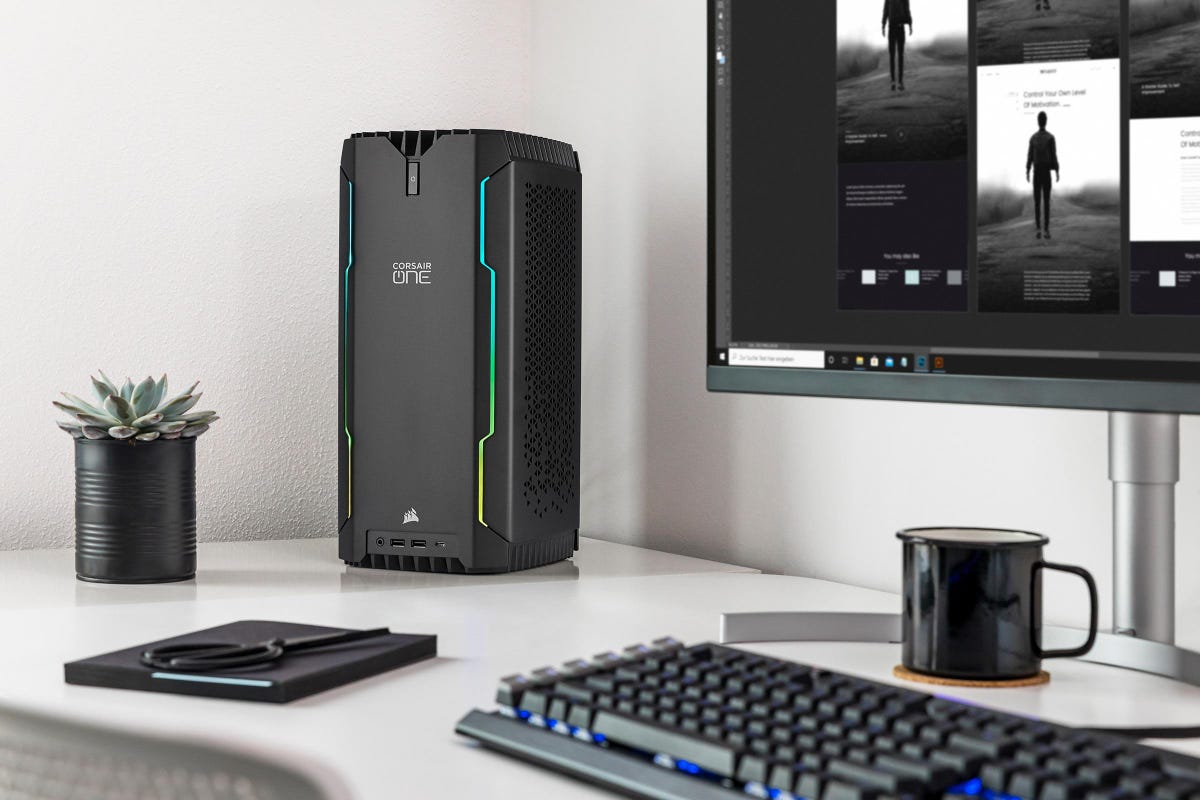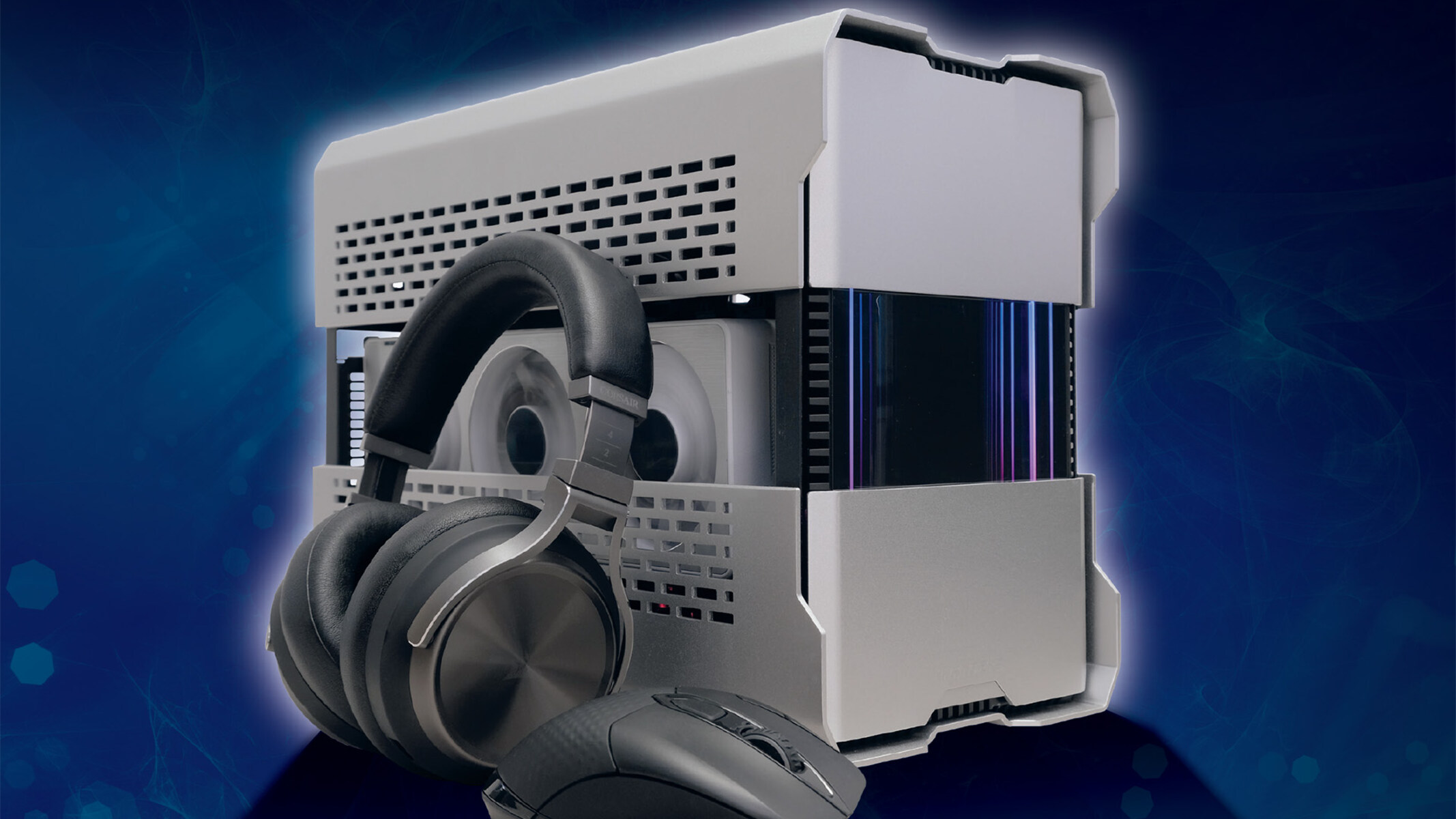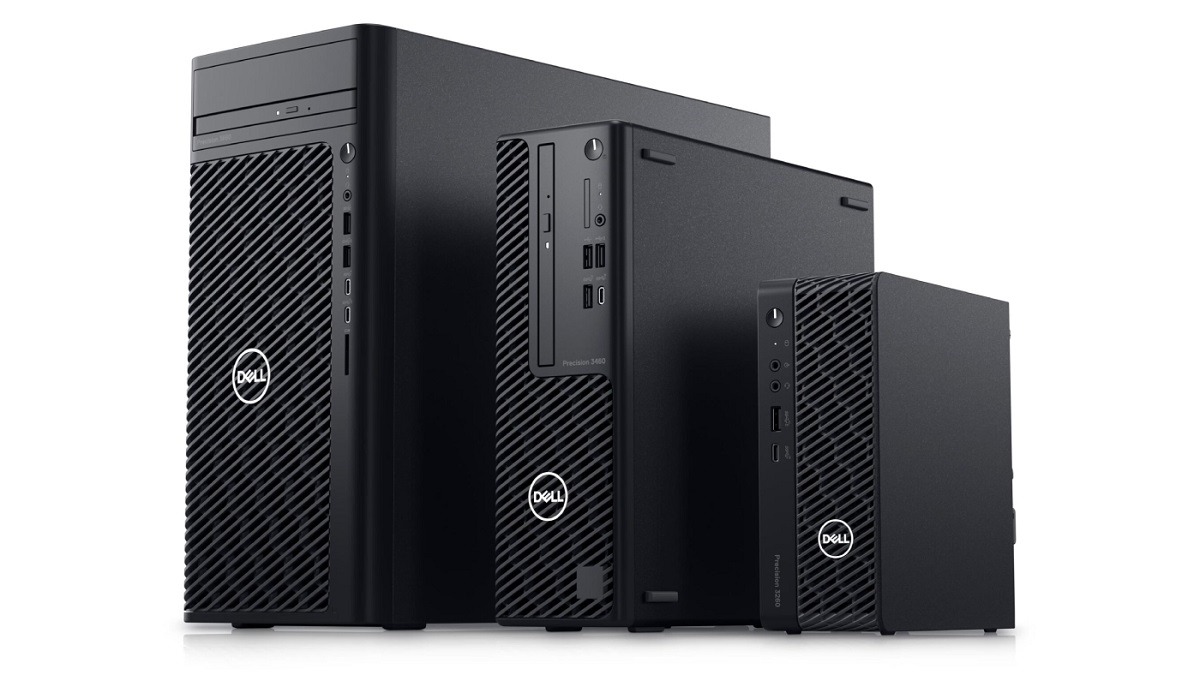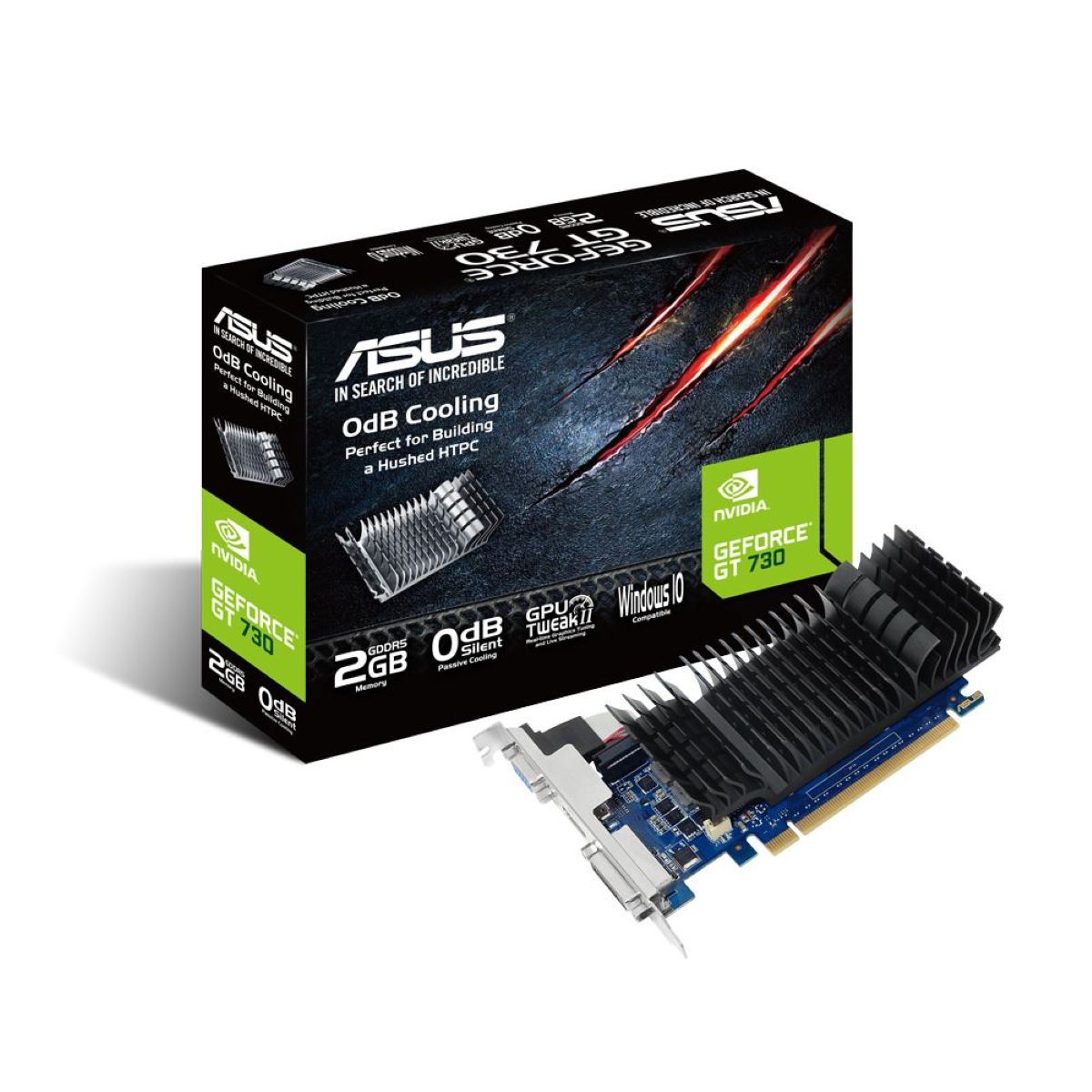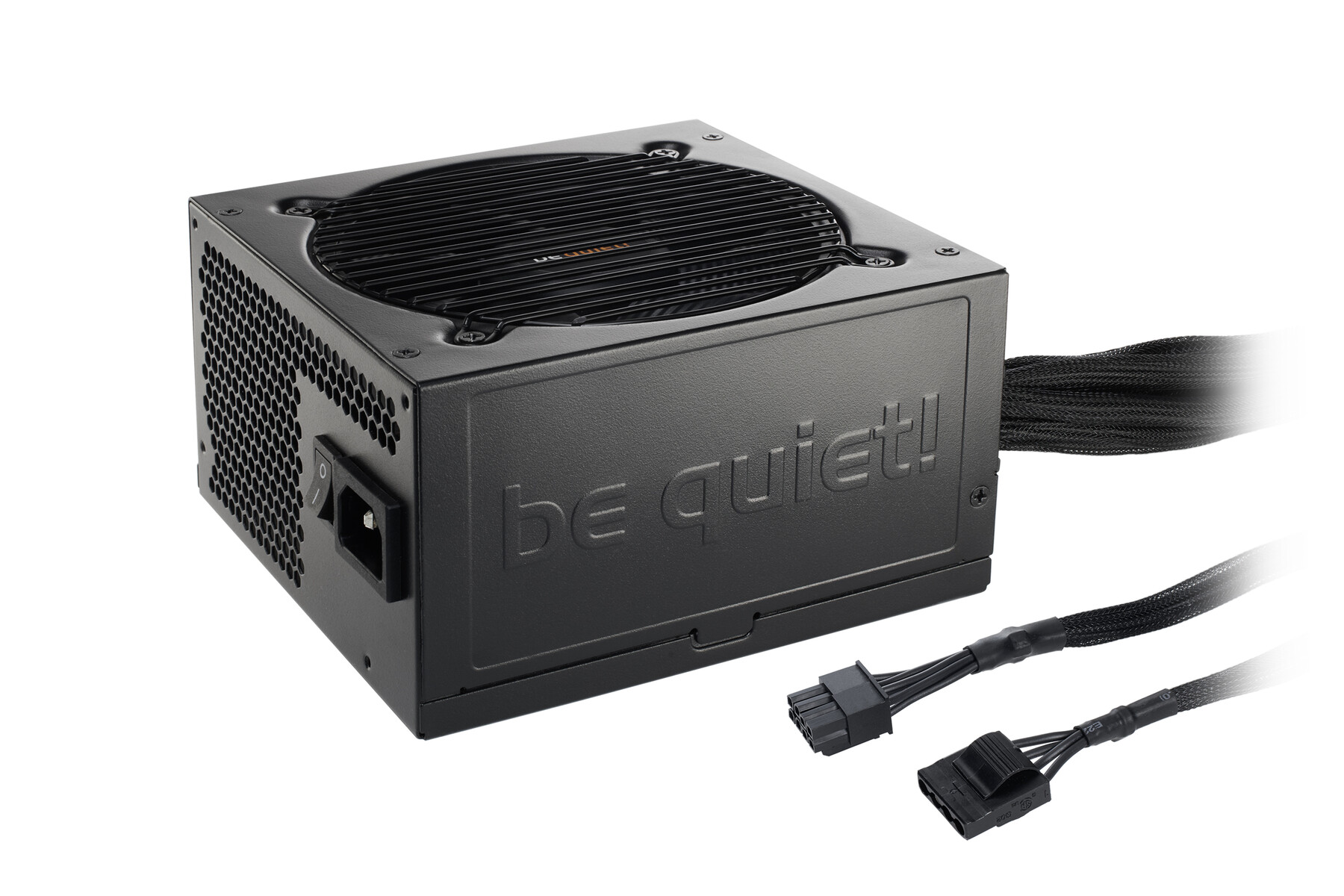Introduction
Welcome to our guide on the average PSU (Power Supply Unit) on HP Towers. If you own or are considering purchasing an HP Tower, understanding the importance of the PSU and choosing the right one for your needs is crucial. The PSU is a vital component of any computer, as it provides power to all the internal hardware components.
In this article, we will explore what a PSU is, its significance in HP Towers, the average PSU wattage you can expect to find in HP Towers, and the factors that can affect the PSU requirements. Additionally, we will provide some tips on choosing the right PSU for your HP Tower.
Whether you are a gamer, a graphic designer, or a general user, having a reliable PSU that meets your power demands is essential for smooth and efficient performance. So, let’s dive into the world of PSUs and uncover what you need to know about them for your HP Tower.
What is a PSU?
A PSU, or Power Supply Unit, is a crucial component of a computer that converts the electrical power from the wall outlet into the appropriate voltage and current required by the computer’s internal hardware. It serves as the primary source of power for all the components inside the computer tower.
The PSU’s main function is to regulate and distribute power to the motherboard, processor, memory, hard drives, graphics card, and other peripherals. It ensures that each component receives the specific voltage and current it needs to operate efficiently and reliably.
PSUs come in various form factors and wattages, designed to meet the power requirements of different computer systems. In HP Towers, the PSU is typically located at the top or rear of the tower and is connected to the motherboard and other components via cables.
PSUs are rated in terms of wattage, which represents the maximum amount of power they can deliver. Higher-wattage PSUs have the capacity to support more demanding components, such as high-end graphics cards or multiple hard drives. However, it’s important to note that a higher-wattage PSU doesn’t necessarily mean better performance; it simply means the PSU can handle more power requirements.
PSUs also come with various efficiency ratings, often indicated by the 80 Plus certification. The higher the efficiency rating, the more power-efficient the PSU is, resulting in reduced energy consumption and heat generation. This can have a positive impact on both the environment and your electricity bills.
In summary, a PSU is a critical component of a computer that converts and distributes electrical power to all the hardware components. It ensures the smooth and reliable operation of your HP Tower, making it an essential consideration when purchasing or upgrading your computer system.
Importance of PSU in HP Towers
The Power Supply Unit (PSU) plays a vital role in the overall functionality and performance of HP Towers. Here are several reasons why the PSU is of utmost importance:
1. Powering the Hardware: The PSU is responsible for providing a steady and reliable power supply to all the internal components of the HP Tower. This includes the motherboard, processor, memory, storage devices, and graphics card. Without a properly functioning PSU, the computer would not be able to power up or operate efficiently.
2. Protecting Against Power Surges and Fluctuations: The PSU acts as a barrier between the computer and the electrical outlet. It helps protect the internal hardware from any sudden power surges or fluctuations that can occur due to electrical issues or lightning strikes. The PSU’s built-in voltage regulation and surge protection capabilities safeguard your HP Tower from potential damage.
3. Supporting High-End Components: HP Towers cater to a wide range of users, including gamers, graphic designers, and professionals who require powerful hardware configurations. These high-end components, such as advanced graphics cards or multiple storage devices, demand a significant amount of power. A robust PSU with a higher wattage rating ensures that these components receive the necessary power supply to function optimally.
4. Improving Stability and Performance: The PSU’s ability to deliver a consistent power supply is crucial for system stability and overall performance. A reliable PSU ensures that the voltage remains within the acceptable ranges, allowing the components to work efficiently without experiencing power-related issues. This is particularly important during demanding tasks that put a strain on the system’s resources.
5. Upgradability and Future-Proofing: Over time, you may choose to upgrade your HP Tower by adding more powerful components or expanding storage capacity. A PSU with a higher wattage rating provides the flexibility to accommodate these upgrades without straining the power supply. Investing in a quality PSU ensures that your HP Tower can handle future upgrades, saving you the trouble of having to replace the power supply unit later on.
Overall, the PSU is a critical component in HP Towers, providing stable power delivery, protecting against power surges, supporting high-end components, and ensuring system stability and performance. It is essential to choose a reliable, high-quality PSU that meets the power requirements of your HP Tower and any potential future upgrades.
Average PSU on HP Towers
The average PSU wattage on HP Towers can vary depending on the model and intended use. HP Towers are designed to cater to a diverse range of users, from casual home users to professionals requiring high-performance computing. Here are some typical average PSU wattages you can expect to find on HP Towers:
1. Entry-Level and Home Office HP Towers: Entry-level HP Towers and those designed for home office use typically feature PSUs with wattage ranging from 300W to 500W. These PSUs are designed to power basic components such as the CPU, smaller storage drives, and integrated graphics, suitable for everyday computing tasks, internet browsing, document processing, and light multimedia consumption.
2. Gaming HP Towers: Gaming-oriented HP Towers generally require higher wattage PSUs due to their power-hungry components. These towers often come equipped with dedicated graphics cards, multiple storage drives, and high-performance processors. The average PSU wattage for gaming HP Towers can range from 500W to 800W, depending on the specific hardware configuration. Choosing a PSU with sufficient wattage is critical to ensure smooth gaming performance and compatibility with demanding games.
3. Workstations and Professional HP Towers: Workstations and professional-grade HP Towers are designed for intensive tasks such as video editing, graphic design, 3D rendering, and scientific computing. These towers generally require robust hardware configurations, including powerful processors, multiple high-capacity storage drives, and professional-grade graphics cards. The average PSU wattage in these towers typically ranges from 700W to 1000W to meet the power demands of these resource-intensive applications.
It’s important to note that these figures represent averages and that specific models within each category may have varying wattage requirements. Additionally, it’s always a good idea to consider any future upgrades or additions to your HP Tower when selecting a PSU. Choosing a PSU with a slightly higher wattage ensures compatibility with upgrades and helps maintain system stability and performance.
To determine the exact PSU wattage, you can check the specifications of your specific HP Tower model or consult with an authorized HP dealer or customer support representative. They can provide you with accurate information regarding the average PSU wattage and any specific power requirements for your HP Tower.
Remember, choosing the right PSU that meets the power demands of your HP Tower is crucial for optimal performance, stability, and compatibility with your hardware configuration and usage needs.
Factors Affecting PSU on HP Towers
The power supply unit (PSU) requirements for HP Towers can be influenced by several factors. Understanding these factors is crucial when selecting the right PSU for your specific needs. Here are some key factors that can affect the PSU on HP Towers:
1. Hardware Components: The components housed within your HP Tower, such as the processor, graphics card, storage drives, and peripherals, have varying power requirements. High-performance hardware components, for example, gaming graphics cards or multiple hard drives, tend to consume more power. It’s important to consider the power needs of your specific hardware configuration to ensure that the PSU can adequately supply power to all components.
2. Power Consumption: The overall power consumption of your HP Tower impacts the PSU wattage requirements. If your tower is utilized for power-intensive tasks like gaming or video editing, it will require a PSU with a higher wattage to handle the increased power demands. On the other hand, if your usage is more focused on basic tasks such as web browsing, email, and word processing, a lower-wattage PSU may be sufficient.
3. Overclocking: Overclocking is the process of running hardware components at higher clock speeds than their default settings, resulting in increased performance. However, overclocking also increases power consumption. If you plan to overclock your CPU or graphics card, it is essential to choose a PSU with sufficient wattage to support the increased power requirements to ensure stability and reliability.
4. Efficiency and Power Saving: Power supply units come with various efficiency ratings. Higher efficiency ratings, such as the 80 Plus certification, indicate that the PSU operates more efficiently and wastes less energy in the form of heat. Opting for a PSU with a higher efficiency rating not only reduces energy consumption but also helps to lower electricity costs and contributes to a more environmentally friendly setup.
5. Future Upgrades: Consider any potential future upgrades you may have in mind for your HP Tower. If you plan to add more powerful components or expand storage capacity, it’s important to choose a PSU with a higher wattage to accommodate those upgrades. It’s always better to have some headroom in terms of PSU wattage to ensure compatibility and prevent the need for PSU replacement down the line.
By carefully considering these factors, you can ensure that you select a PSU that meets the requirements of your HP Tower. It’s recommended to consult the specifications of your tower, consider your current and future hardware needs, and seek expert advice if needed to ensure you choose the right PSU for optimal performance and stability.
How to Choose the Right PSU for Your HP Tower
Choosing the right power supply unit (PSU) for your HP Tower is crucial to ensure proper functionality and compatibility with your hardware. Here are some important factors to consider when selecting a PSU:
1. Determine Power Requirements: Assess the power requirements of your HP Tower by considering the hardware components you have or plan to install. Identify the wattage needs of your CPU, graphics card, storage drives, and other peripherals. Add up the power consumption of all components to determine the minimum wattage your PSU should have.
2. Choose an Adequate Wattage: It’s recommended to select a PSU with a wattage slightly higher than the minimum requirement. This allows for some headroom and ensures stability, especially if you plan to overclock your components or add more powerful hardware in the future. As a general guideline, aim for a PSU with around 10-20% higher wattage than your calculation.
3. Consider Efficiency and Certification: Look for PSUs with higher efficiency ratings, such as the 80 Plus certification. These PSUs operate more efficiently, resulting in reduced energy waste and lower electricity bills. Higher efficiency also means less heat generation, leading to better system cooling and longevity.
4. Check PSU Form Factor: Ensure that the PSU you choose is compatible with the form factor of your HP Tower. Common form factors include ATX, Micro ATX, and Mini ITX. Check your tower’s specifications to determine the compatible PSU form factor.
5. Review Connectivity and Cable Management: Consider the number and types of connectors offered by the PSU. Ensure that it provides enough SATA, PCIe, and Molex connectors to accommodate your components. Additionally, consider PSUs with modular or semi-modular designs, as they allow for better cable management and reduce clutter inside the tower.
6. Research and Read Reviews: Before making a final decision, take the time to research and read reviews on different PSU models. Look for reputable brands known for producing reliable PSUs. Reading reviews can provide insights into real-world performance and customer satisfaction.
7. Consider Budget and Warranty: Determine your budget for the PSU, considering that higher-quality PSUs tend to be more expensive. However, it is worth investing in a reliable and durable PSU to ensure the longevity and stability of your HP Tower. Lastly, check the warranty offered by the manufacturer, as it can provide peace of mind in case of any issues or failures.
By considering these factors and selecting a PSU that meets your power requirements, offers high efficiency, and is compatible with your HP Tower, you can ensure a stable and efficient power supply for your system. It is always recommended to consult the specifications of your tower and seek professional advice if needed to make an informed decision.
Conclusion
Choosing the right power supply unit (PSU) is crucial for the optimal performance and stability of your HP Tower. The PSU serves as the lifeline for all the internal components, providing them with the necessary power to function efficiently. By considering factors such as wattage requirements, hardware components, efficiency ratings, form factor, connectivity, and budget, you can make an informed decision when selecting a PSU.
HP Towers cater to a diverse range of users, from casual home users to professionals requiring high-performance computing. The average PSU wattage in HP Towers can vary depending on the model and intended use. Entry-level and home office towers typically feature PSUs ranging from 300W to 500W, while gaming towers may require wattages from 500W to 800W. Workstations and professional towers, designed for resource-intensive tasks, often have PSUs ranging from 700W to 1000W.
It is important to accurately assess the wattage requirements of your HP Tower and select a PSU that can handle the power demands of your specific hardware configuration. Consider future upgrades, energy efficiency ratings, warranty offerings, and reputable brands when making your decision. Thorough research and reading reviews can provide valuable insights into real-world performance and user satisfaction.
Remember that the PSU is a critical component that ensures stable power delivery, protects against power surges, and supports the performance of your HP Tower. Making the right choice when it comes to the PSU will lead to optimal performance, enhanced system stability, and compatibility with your hardware setup.
Keep these considerations in mind, consult the specifications of your specific HP Tower model, and seek expert advice if needed. By choosing the right PSU, you can ensure a reliable and efficient power supply for your HP Tower, unlocking its full potential for your computing needs.









